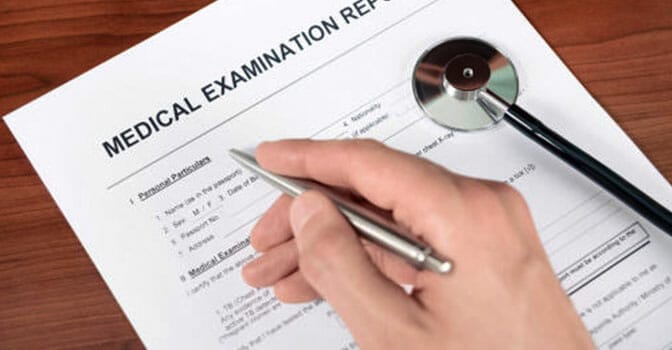The Department of Labor and Industries (DLI) recently issued a Statement of Policy advising that an observer is allowed at IMEs. Any injured worker is allowed to bring a friend of family member to an independent medical examination (IME), except in the case of a mental health examination.
IME Firms Were Limiting Observers
We have seen several IME firms include notice of “new rules” that “observers are not allowed due to COVID-19” in their pre-exam paperwork mailed to injured workers. In response to complaints about this practice, primarily from attorneys representing injured workers, DLI has now taken action by issuing the Statement of Policy confirming that an observer is allowed at IMEs. It is unknown how many workers have had exams without observers present in the last few months before this statement was issued.
Statement of Policy – the Full Text
Pursuant to WAC 296-23-362, workers have the right to bring a friend or family member to Independent Medical Exams (IMEs), except for mental health examinations, to serve in the role of observer providing comfort and reassurance. IME firms are expected to support any worker requests for an observer during a non-mental health IME. They must also refrain from any reference, in written or spoken communication with workers, to limitations on observers during IMEs. This worker right remains in effect, and it is up to the IME firm to ensure the ability to comply with the COVID-19 safety requirements for six feet of social distancing.
Firms should obtain information in advance of the IME on whether the worker plans to bring an observer and take steps to ensure the appropriate exam room size. In the event that the firm is unable to accommodate the worker’s IME with an observer, the IME will need to be rescheduled.
What This Means for Workers
The news is simple and straightforward: an observer is allowed at IMEs to support the worker. The implementation of this policy may be more complicated.
Many of the IME firm’s exam rooms are very small. It may be difficult for them to accommodate observers and follow social distancing rules. Some IME firms may try to pivot and, instead of allowing observers, insist on video exams (this is already happening with mental health evaluations).
We recommend the following tips:
- all workers have an observer with them during any non-mental health IME
- make sure social distancing rules are followed
- do not agree to video exams under nearly any circumstances
- file a complaint if the doctor or IME firm is not following the policy
- promptly contact a workers’ compensation attorney with any concerns about your claim or your IME
How Can an Observer Help?
An observer cannot be a legal representative or their staff nor a doctor or their staff. The primary purpose of an observer is to provide comfort and reassurance to the worker. However, an observer can corroborate the workers’ version of events that occurred during the examination process if there is later any discrepancy arising from the physician’s written report.
We suggest that an observer:
- listen and observe the examination without distractions
- refrain from asking questions of the physician
- refrain from providing answers to physician questions of the worker
- take notes with pen and paper (use of recording devices, including phones, are not usually allowed)



